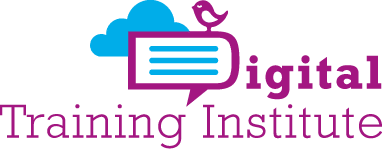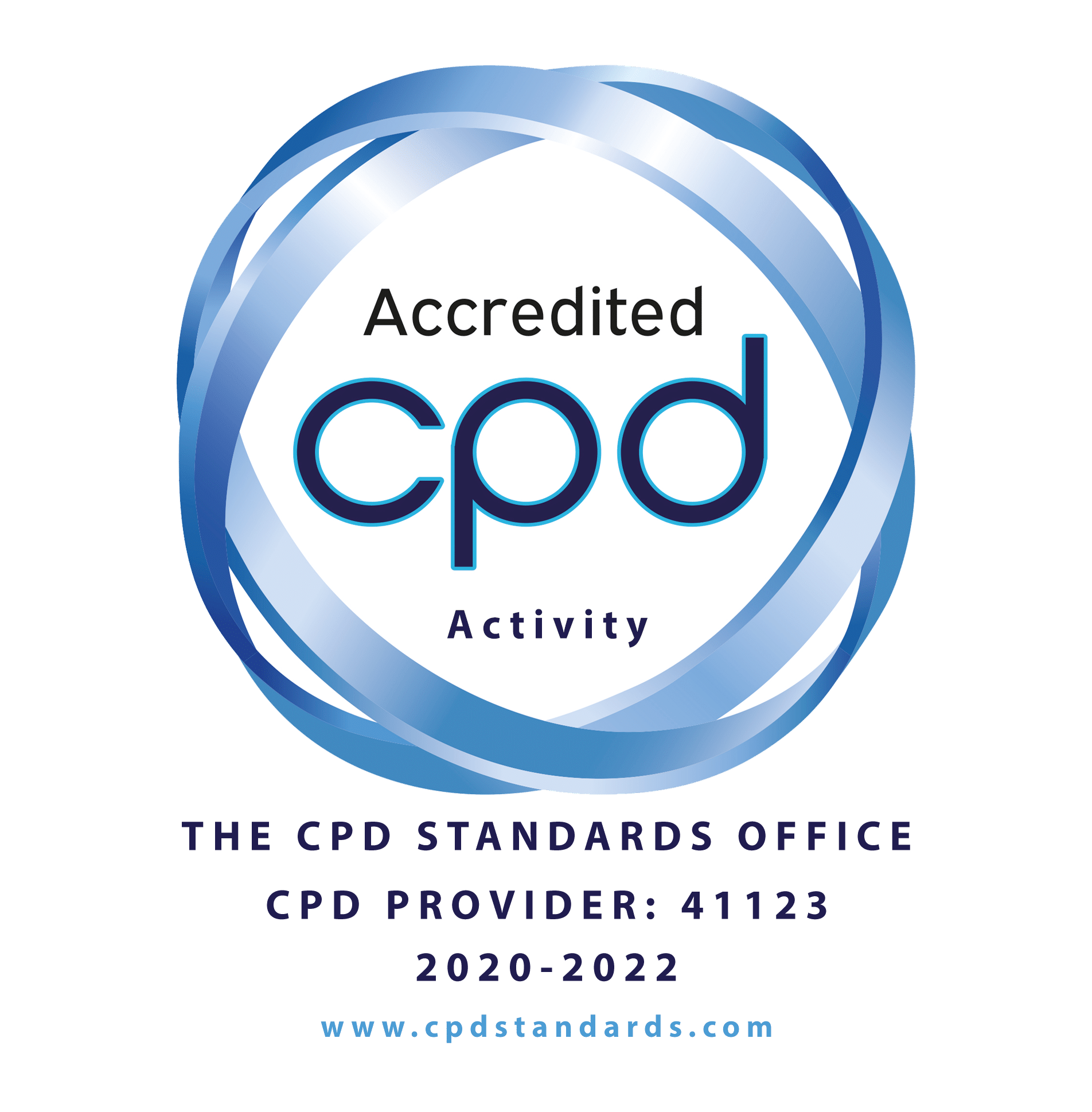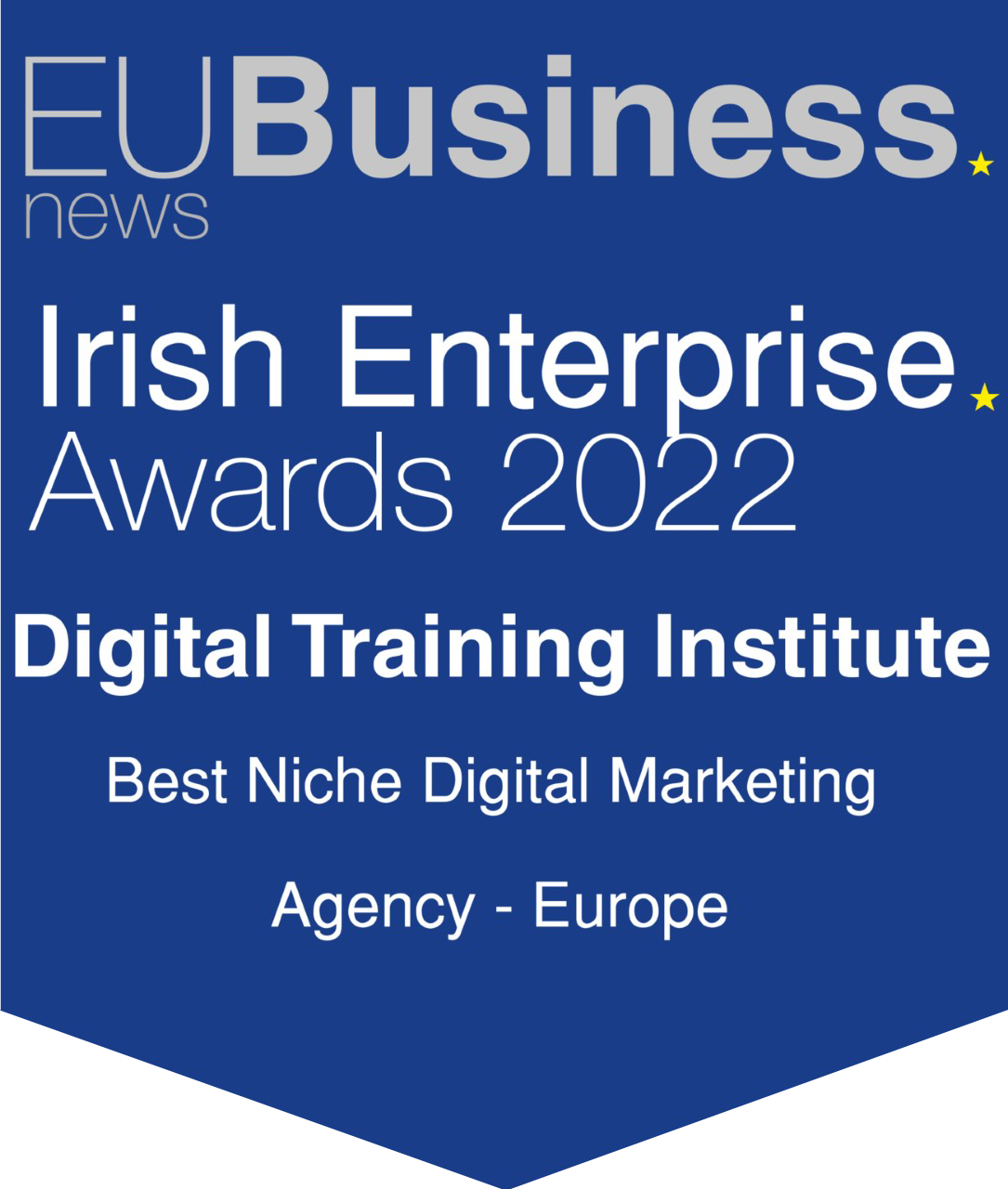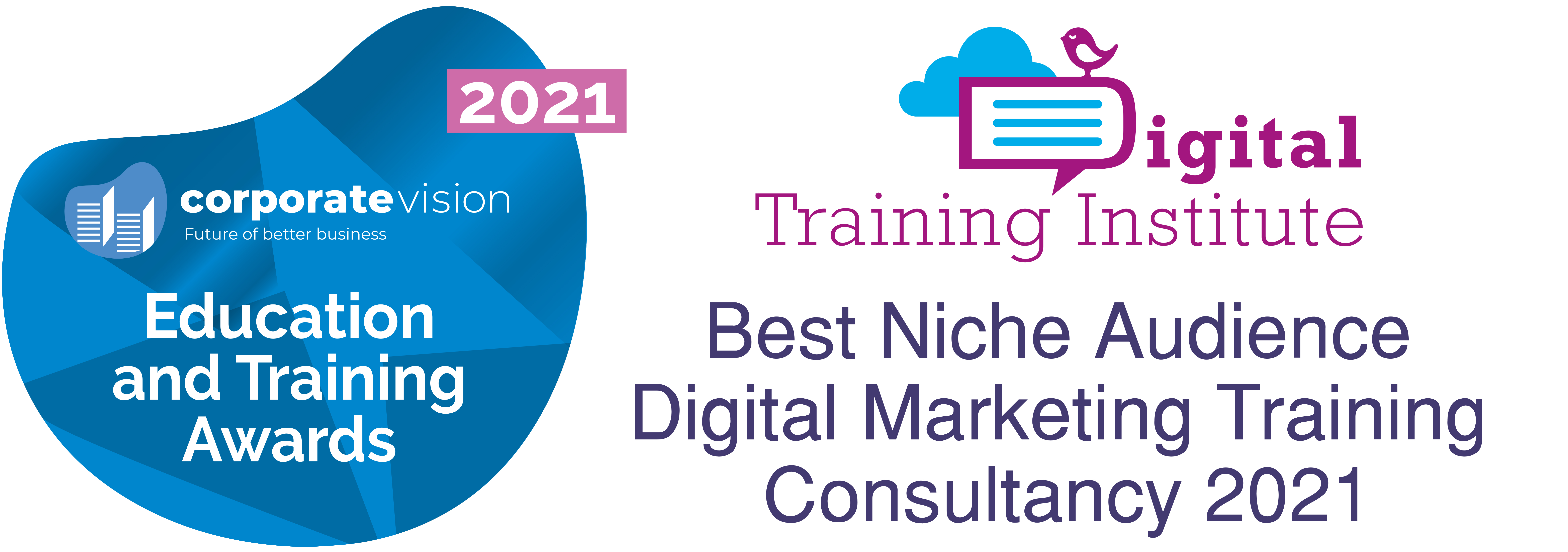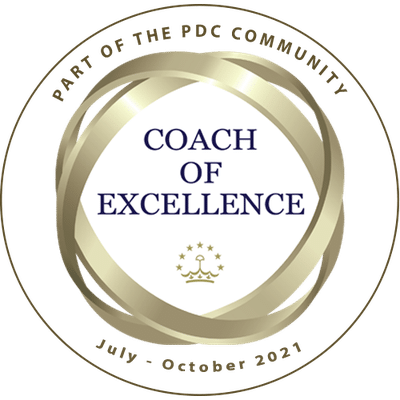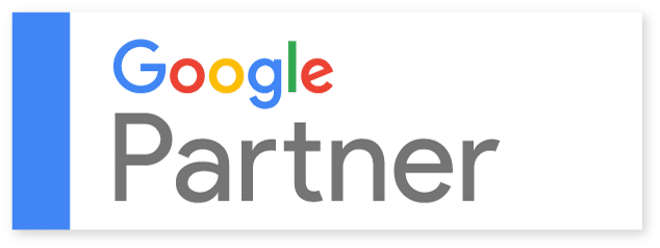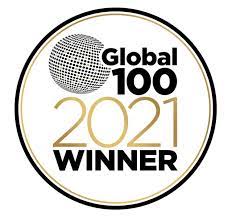A Meeting of Digital Citizenship Minds: #DigCitSummitUK
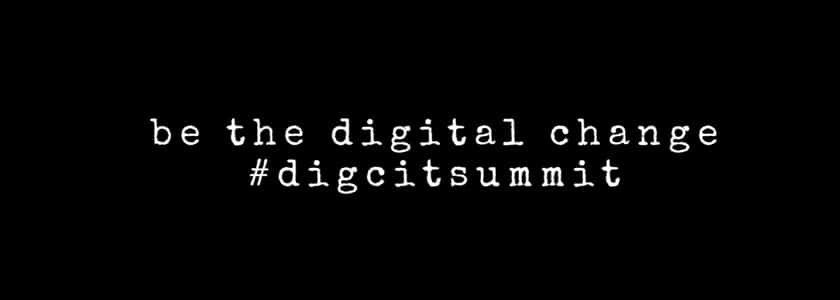
I participate in, and attend very many conferences, seminars and summits (the new buzzword in the event scene), but this weekend I had the opportunity to speak alongside my daughter Sophie at the second international Digital Citizenship Summit held in Bournemouth, England. The event was co-organised by Marialice Curran and William Jenkins within two short months from two different continents.
Thanks to David Pollard, founder of Learning Tech Labs in Dublin for introducing me to this network.
Are you interested in joining #DigiChat? Be sure to!

What is Digital Citizenship?
Let me first explain the concept of digital citizenship.
Digital Citizenship can be defined as the norms to appropriate, responsible behaviour with regard to technology use. It is the safe, ethical and savvy use of the Internet in our daily lives.
Mike Ribble is seen as the founding father of this concept and he talks about the nine elements of Digital Citizenship – the foundations upon which the #DigCitSummitUS and #DigCitSummitUK were organised.
1) Digital Access: full electronic participation in society.
2) Digital Commerce: electronic buying and selling of goods.
3) Digital Communications: electronic exchange of information.
4) Digital Literacy: process of teaching and learning about technology and the use of technology.
5) Digital Law: electronic responsibility for actions and deeds.
6) Digital Rights and Responsibilities: those freedoms extended to everyone in a digital world.
7) Digital Health & Wellness: physical and psychological well-being in a digital technology world.
8) Digital Security (self-protection): electronic precautions to guarantee safety.
Real-life Digital Citizenship
Marialice Curran and her eight-year-old son Curran Dee are pushing the boundaries of the mainsteam educational system by their use of digital technology. Much like the home-schooling debate, digital savvy parents use the social web to add an extra layer to their learning. However, what Marialice and Curran are trying to achieve is a movement towards mixed learning – embracing the power of the social web to truly inspire and enlighten kids, who we all know, are ripe for knowledge at kindergarten age. Read their story here.
I periscoped their story live from #DigCitSummitUK.

Pictured with mother and son Marialice and Curran
Raising Generation Z
I empower my children with knowledge. I try my best to instil a deep appreciation for, and love of, education – whether that’s through the mainstream system or by engaging technology…as William Jenkins reminded me in a tweet over the weekend, when he quoted from the acknowledgements section in my book.
“Remember kids, learning is about challenging the mind… Never stop learning because every day is a school day” @tweetsbyJSB Cc @Stanbridge
— William Jenkins (@EdTech_Stories) January 24, 2016
Empowerment through education is a concept that I have embraced from a very young age. Growing up in a small village in north west Ireland and seeing many other families around us on social welfare, I had an understanding at a very young age that education was a key factor in your future socio-economic status. And from a very young age, I knew I was going to pursue education at all levels. I didn’t know how, but I knew that it would happen. Hard work didn’t frighten me, so I guessed that would be a good strategy.
Fast-forward 20 years and I’m the proud holder of 11 professional and academic qualifications including two Masters Degrees, and every day I use technology to feed me even more knowledge.
Growing up with my daughter Sophie in the 1990’s – we went to college together – I was 19 she was 20 months old – I was witnessing the emergence of digital communications. I got an email address in 1997 and I learned about search engines. Web 1.0 was born and I was embracing it.
With the arrival of Web 2.0 in the early noughties, social media was fast becoming a new layer of daily communications and once again I embraced it. Afterall, by this stage I was a journalism and PR graduate and was working in the communications industry.
By now Sophie is in her early teens and I am navigating her social media journey. We set ground-rules, we talk openly about our digital lifestyles and how we communicate. Sophie breaks the rules and I change the goal-posts, but we eventually find a mutual ground – embracing digital responsibly.
Throughout this time there was no sense of digital citizenship, no understanding that what we were actually doing was acting out many of Mike Ribble’s nine elements.
So it was a proud moment to see Sophie moderate the student panel debate “The Digital Lives of Teens”. She was joined by:
- Timmy Sullivan : coca-cola regional finalist, educational activist and a freelancer from the United States;
- Sarah Hodge: a second year PhD student who is analysing the effects of video gamin on moral development in teens from the UK; and
- Stacy Kelly-Maher: Marketing Executive at Fonix, UK.

Empowering Generation Z
Four years ago Sophie and I began writing courseware, developing educational resources and scoping out ways of sharing our knowledge and experiences with others. It led us to conceptualize and launch young minds online – a series of seven modules aimed at teens and tweens. We delivered them face-to-face to 50 students aged 14-16 in a school in Galway and subsequently re-purposed them into eLearning modules and sold them to Kaspersky Lab. So when you buy a SafeKids product from Kaspersky you get free access to our eLearning modules.
Sophie and I are huge advocates for Generation Z and our hope is that our experiences and knowledge can be leveraged to create a movement offline, which reflects in better digital decisions online.
The Digital Citizenship Ecosystem
#DigCitSummitUK brought together many of the stakeholders in the digital citizenship ecosystem: educators (primary, post-primary, third level), tech industry, businesses, parents, students, data and privacy advocates and digital citizenship influencers.
#DigCitSummit was founded by Marialice Curran and David Ryan Polgar a lawyer decided that the theme was getting lost as an ‘add-on’ at digital marketing, cyber-safety or education conferences. The original one held in Connetticut, United States in October 2015.
Much like what Sophie and I had been doing in Ireland around digital etiquette for teens and tweens for four years, Marialice and David recognised there were a host of silos operating among the DigCit ecosystem and somebody, just somebody, had to take charge and put some structure on it.
And so on Saturday 23rd January 2016 at Bournemouth University a cohort of like-minded individuals gathered to share, learn, discuss and evangelise the future of digital citizenship. While #snowzilla trended on Twitter in the UK, the tweets from Allesbrook lecture theatre trended fourth. We were engaging the world with our social voices, embracing digital communications to invite worldwide comment and that we did.
Highlights of #DigCitSummitUK in Tweets
Quadrants of social media and tools – make sure you create content for people to see! #DigCitSummitUK @cel_bu pic.twitter.com/K7o4DMfiWC
— Debbie Holley (@DebbieHolley1) January 23, 2016
Exactly! Have a purpose! Invest in technology but…have a purpose! #DigCitSummitUK @gary_s_king pic.twitter.com/FX30nMGz42
— Sarah Thomas (@sarahdateechur) January 23, 2016
Ahhh yeah! @lars3eb is up at #DigCitSummitUK #edumatch pic.twitter.com/71LWjUXdSw
— Sarah Thomas (@sarahdateechur) January 23, 2016
Via @NeilCauldwell from @Nurph #DigCitSummitUK pic.twitter.com/wcYVu566yH
— Sarah Thomas (@sarahdateechur) January 23, 2016
Ideas on #digital #citizenship wrapping up the day at #DigCitSummitUK safe smart and #ethical skills needed pic.twitter.com/I98bDOY5XK
— Jen Persson ⭐️ (@TheABB) January 23, 2016
Maria summarises and gives us links to lots of resources for bringing up digital children #DigCitSummitUK @cel_bu pic.twitter.com/aQkKyb7qnp
— Debbie Holley (@DebbieHolley1) January 23, 2016
Truly interesting know your mountain #DigCitSummitUK @iWomanish pic.twitter.com/m9bqm0uUEc
— Sophie Burke (@Sophiliciousb) January 23, 2016
— Sarah Thomas (@sarahdateechur) January 23, 2016
The new interview is online (not face to face) @timmysull1van #digcitsummituk pic.twitter.com/5uqxQhD0w1
— James Stanbridge (@Stanbridge) January 23, 2016
Looks like drone-y came out to success! Thanks @sarahdateechur for showing us your friend! #DigCitSummitUK pic.twitter.com/gxnI07Acnb
— Derek Larson (@lars3eb) January 23, 2016
@sarahdateechur this is crazy!! #DigCitSummitUK pic.twitter.com/wEKYkO7XNQ
— Joanne Sweeney-Burke (@tweetsbyJSB) January 23, 2016
I want that job! An avatar relationship manager! ?? @Stanbridge #DigCitSummitUK pic.twitter.com/9g5KLNeLNP
— Joanne Sweeney-Burke (@tweetsbyJSB) January 23, 2016
And meeting amazing people!
@declara he is! @Stanbridge #DigCitSummitUK pic.twitter.com/55p5e7uk11
— Joanne Sweeney-Burke (@tweetsbyJSB) January 23, 2016
And the after party!
Looks like @EdTech_Stories has made a new friend after the #DigCitSummitUK. pic.twitter.com/f4bhgXGRsf
— Derek Larson (@lars3eb) January 23, 2016
Closing Remarks from William
Read William Jenkins’ closing remarks.
#DigCitSummit Speakers
Here’s some of the #DigCitSummit speakers and links to their Twitter accounts. You might find somebody there you can collaborate with on a digital citizenship theme. Sophie and I have already started conversations on how we can combine what we are doing to have a bigger reach, by collaborating with others.
- Marialice Curran and Curran Dee
- William Jenkins
- James Standbridge
- Timmy Sullivan
- Derek Larson
- Maria Zabala
- Gary King
- Alan Katzman
- Nurph
- Sarah Thomas
Thank you for inviting Sophie and I!

Timmy Sullian, Marialice and Curran Dee, JSB and Sophie Burke
